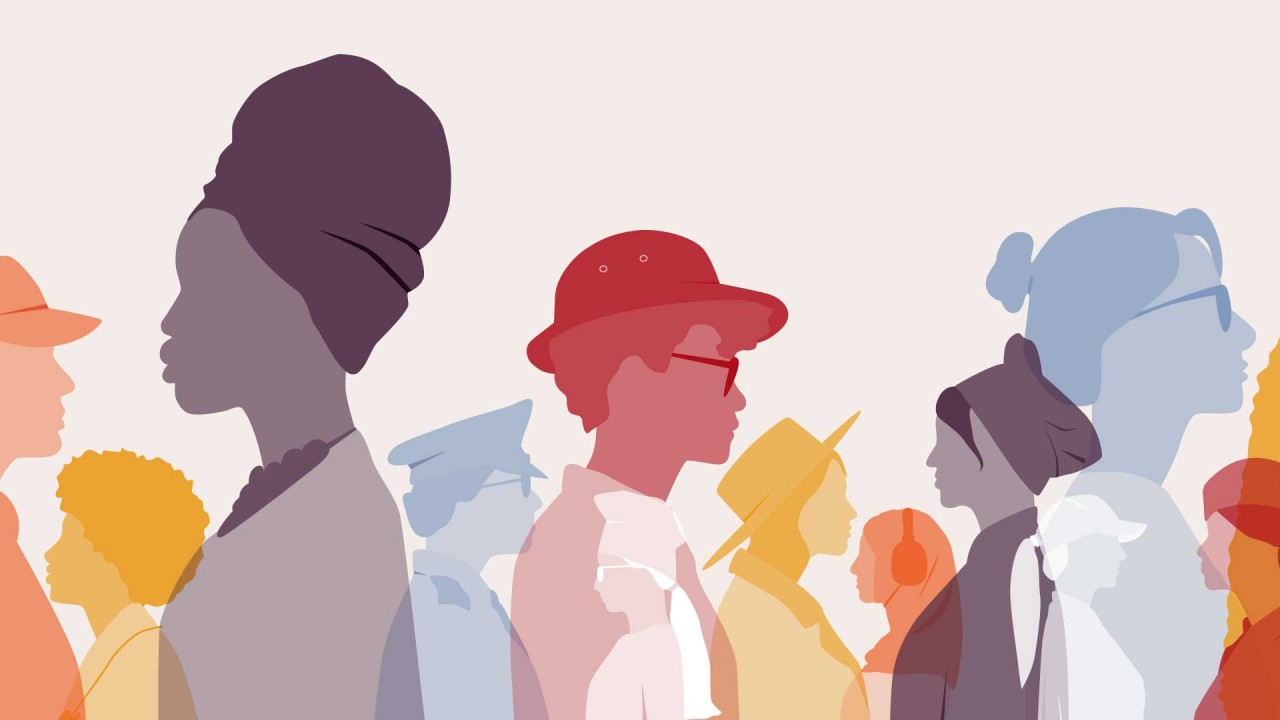.
Friendship at work – the perfect blend-ship
Do you have a work bestie? You know, a BFF you spend lunch breaks with or can go to when you’re on the brink of going into HR and screaming into a pillow? In this blog post, Laura Drury shares how friendship at work may be the key to psychological safety and productivity.
Positive benefits of friendship
Like most, whenever I need to get out of a ‘funk’, music transports me to a better place. It doesn’t just happen when things are tough, though. If it’s the right song or music, I’m away (possibly with the fairies). So when a fantastic band sang ‘What’s Up?’ By 4 Non-Blondes at a festival I attended this weekend, I unashamedly started singing ‘at the top of my lungs’ (literally) into my voice recorder on WhatsApp and sent the message to my best friend.
I’ve no doubt her first thought was, ‘What’s going on!? (See what I did there?)
Because not only does that song make me feel resilient, strong and defiant, but it also brings my bestie to mind. She does all those things for me too.
As the 30th of July celebrates friendship across the world, I wanted to understand what makes friendship so powerful and what we can learn from it to help us in the workplace.
There are many very positive benefits of friendship, such as living longer, healthier lives, boosting positive neurotransmitters in the brain that make us feel good and manage our stress, and a sense of safety and security knowing they have our back. All of these are vital to our happiness and wellbeing.
So what are the qualities of friendship?
Helpguide.org describes a friend as someone ‘who you can trust and with whom you share a deep level of understanding and communication.’ They also say, ‘A good friend does not require you to compromise your values, always agree with them, or disregard your own needs.’
Trust, understanding, strong communication, personal values, and supporting the needs of others whilst managing your own too. Not only are these the qualities of true friendship, but they’re also the desired behaviours in a positive, effective working environment and the building blocks of psychological safety.
Authenticity matters
While trust needs time to develop, psychological safety differs slightly. It comes from a group of people being authentic with one another, accepting each other’s differences, and feeling safe enough to take risks whilst encouraging others to do so. It also comes through how people communicate with one another, being open to their suggestions, removing judgement, and feeling safe enough to challenge.
Prominent author, public speaker, and coach Nancy Kline first wrote her book Time to Think in 1999, and it is still as powerful and relevant today as it was then. In it, she describes ‘Ten Components … that generate the finest thinking’. They are:
|
|
Each component is powerful individually, but together, they support excellent thinking because they create psychological safety.
Interestingly, most of these components we create in our friendships, too, without consciously thinking about them. Why, then, do we sometimes lose sight of them in the workplace?
Most likely because of people's perception of work - e.g., the seriousness of some of the challenges that may arise, the weight of responsibility, and the complexity of our jobs. These can cause us to become more transactional and less aware, and (as a result) less connected to the people around us. Yet that connection is required for people to work to the best of their ability.
What else can friendship teach us about working effectively?
Another reason we can rely on our friends is their unfailing ability to tell us the truth, even if it hurts sometimes. To tell us that truth in a compassionate, empathetic, and sincere way (or just blunt and direct if you have that special kind of friendship).
Kim Scott, author and former Apple and Google executive, describes this as Radical Candour, ‘caring personally and challenging directly’ as a way of maintaining your humanity as a leader of people. If only humanity led the decisions of every person, whether at work or out.
If you reflect on the roles you’ve had in life, whether at work, education or in the community, in which situations did you feel happiest? Where were you able to take risks and make a difference? Where could you be true to yourself and those around you? Chances are you made some pretty good friends at the time.
Finally, this wouldn’t be a Laughology blog if it didn’t mention some fun! Fun doesn’t just leave us feeling good; it boosts engagement, creativity and innovation. It goes without saying that we have fun with our friends, which should definitely be a factor at work too.
If you look around your workplace and can call the people you work with friends, chances are you’re having a pretty good time. I know I am. However, if you look around you with a sense of loneliness or connection with just a few, what can you do to start forming friendships?
So for International Friendship Day this year, let’s have a big shout-out to all our friends. I know I couldn’t work without them!
If you enjoyed this blog and would like a taste of one of our sessions, sign up for my friend Dave Keeling’s free webinar ‘Keep it simple – practical tips for staying positive in uncertain times’. Tuesday 18th July at noon. A guaranteed 45 mins of fun and some downright helpful tips thrown in!
Or contact our fabulous Doug - doug@laughology.co.uk - to hear more about what we do.
























